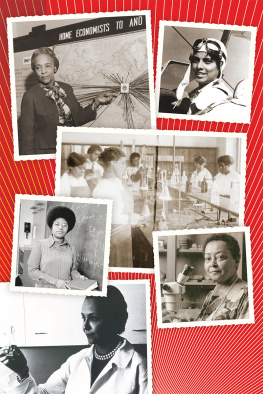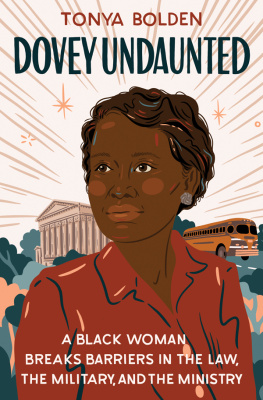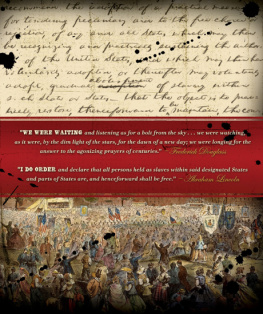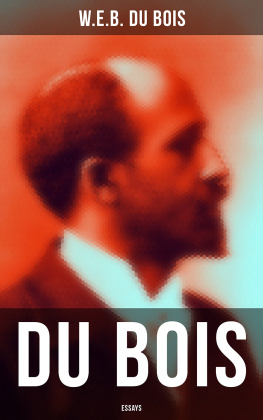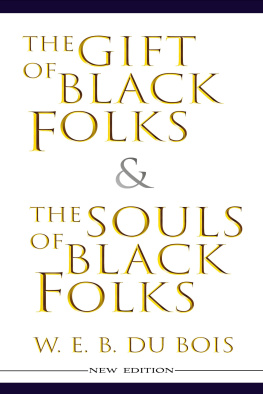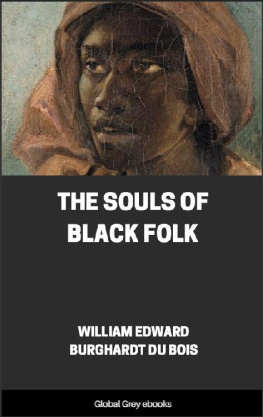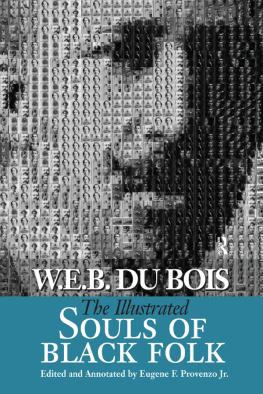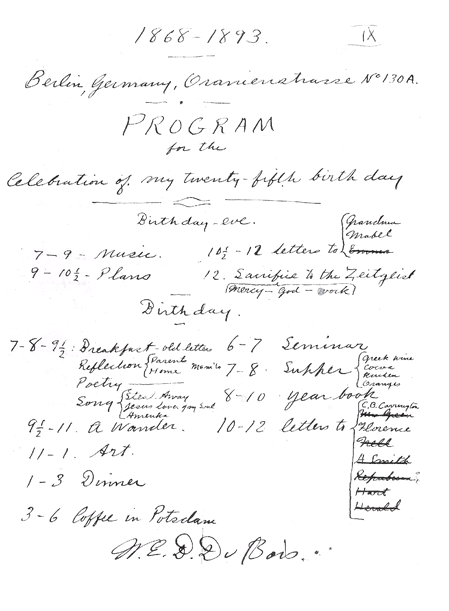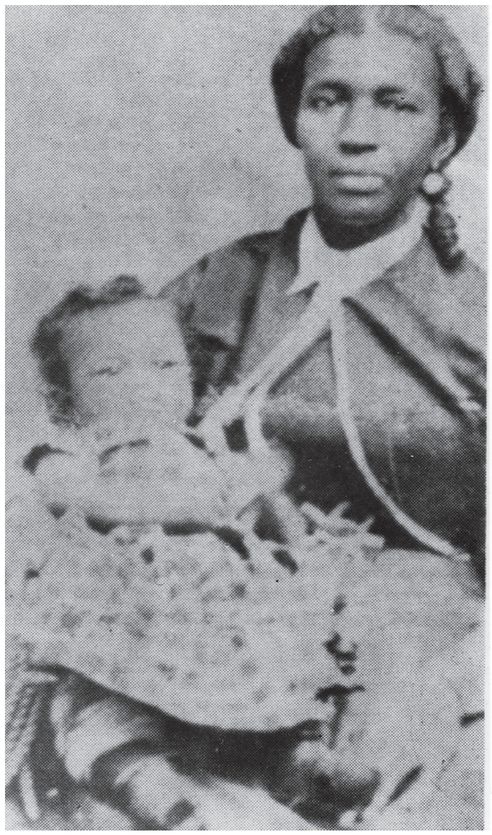Table of Contents
AVAILABLE UP CLOSE TITLES:
RACHEL CARSON by Ellen Levine
JOHNNY CASH by Anne E. Neimark
W. E. B. Du BOIS by Tonya Bolden
ELLA FITZGERALD by Tanya Lee Stone
BILL GATES by Marc Aronson
JANE GOODALL by Sudipta Bardhan-Quallen
ROBERT F. KENNEDY by Marc Aronson
THURGOOD MARSHALL by Chris Crowe
ELVIS PRESLEY by Wilborn Hampton
RONALD REAGAN by James Sutherland
JOHN STEINBECK by Milton Meltzer
OPRAH WINFREY by Ilene Cooper
FRANK LLOYD WRIGHT by Jan Adkins
FUTURE UP CLOSE TITLES:
HARPER LEE by Kerry Madden
THEODORE ROOSEVELT by Michael Cooper
BABE RUTHby Wilborn Hampton
For
Cousin Jordan William Freeland
ACKNOWLEDGMENTS
So grateful to my Viking editor, Anne Gunton, for your curiosity, exuberance, and the terrific back-and-forth.
Executive Production Editor, Janet Pascalyou are just too sharp. Nicolas Medinabless your eagle eyes and skills. Designer Jim Hooverlove your vision. Publisher Regina Hayesmany thanks for saying yes to Du Bois in the first place.
For your gracious and speedy responses to my inquiries, long and short, thank you so much, Beth Madison Howse, Librarian, Special Collections, John Hope and Aurelia Elizabeth Franklin Library, Fisk University, and Danielle Kovacs, Curator of Manuscripts and University Archives, Special Collections and University Archives, W. E. B. Du Bois Library, University of Massachusetts Amherst.
For your careful reading of the last draft, the critique, and the contending with all my questions, I cant thank you enough, Dr. Daryl Michael Scott, Howard University, Professor of History and Vice President of the Association for the Study of African American Life and History.
For the strength to strive with the incomparable W. E. B. Du Bois, I have to thank God.
The pronunciation of my name is Due Boyss, with the accent on the last syllable.
W. E. B. Du Bois, January 20, 1939
FOREWORD
I HAVE BEEN CAPTIVATED by the bold, boundless Du Bois for years: now worshipful, now annoyed with him, sometimes merely perplexed. Always astonished.
He did so much, this titanic talent in a small body, this David challenging Goliaths, this dreamer and realist and sometimes elitist, this man of intellect and soul. For decades, through words and in other ways, Du Bois battled mightily for a righteous Americaa righteous worlddaring to dream that life on earth could be heavenly.
For all.
I like that kind of energy. I need that kind of energy. The dreamer in me longs to see it in superabundance today.
Thats why I wrote this book, hoping that you, the reader, will be guided by the spirit of Du Boiss life.
INTRODUCTION
O I WONDER what I amI wonder what the world isI wonder if Life is worth the striving.
Its around midnight. Du Bois wonders on paper in a rented room worlds away from home, after a string of successes.
If only his mother could see him now.
Her son is now a man.
Her son, restless, reflects on his life and tries to fathom his future on his twenty-fifth birthday, February 23, 1893.
As a boy, a great bitterness entered his life and kindled a great ambition. Back then he wondered, Will I make a name for myself as a lawyer? A doctor?
As his birthday program shows, Du Bois was truly into time management.
Or by telling the wonderful tales that swam in my head?
Could one thing satisfy his energies and the constant questing?
On this night, the churning, yearning young man decides that life is worth the striving. He aims at ambitions greater than anything he imagined as a boy.
ONE
DEAR MAM,
I arrived here safely friday after noon.
July 21, 1883.
Mam was Du Boiss mother, Mary.
Here, the Bay State whaling town of New Bedford, almost two hundred miles east of their village, Great Barrington, Massachusetts.
This trip, which he later called his first great excursion into the world, included a layover in Hartford, Connecticut, where he polished off his packed lunch, purchased a ticket for his next train, and still had time to kill. Instead of staring at railroad tracks, he checked out the statehouse in nearby Bushnell Park.
Mam got a tour: The grounds are laid out beautifully and the building is magnificent. Once inside, with the frescoes, flags, and marble floors, he didnt overlook the guest book: & of course my illustrious name is there.
William Edward Du Boisbut Willie is what most folks called this fifteen-year-old boy so devoted to his mother.
Several years before Willie was born, Dear Mam had a love affair that ended with her pregnant, but unmarriedgrounds for being shunned in some families. Marys parents, Othello and Sarah Burghardt, werent like that. They helped her raise the baby, a boy named Adelbert, born in 1862.
The Burghardts lived a little ways west of Great Barrington on Egremont Plain. Their American heritage began in the 1700s with a young West African called Tom by those who held him in slavery. The last person to own him was Conrad Burghardt, a Dutchman with lots of land in the area.
Burghardts Tom became Tom Burghardt after he was freed for service in the Revolutionary War, it seems. By thrift or gift, he also had land to farm on Egremont Plain. Some of this land fell to grandson Othello, who had a passel of kids with wife Sarah (of African and Dutch decent). Willies mother, Mary, was their youngest.
Baby Du Bois with his "Mam"
After Mary had Adelbert, she didnt swear off men during her days of drudgery as a domestic worker in Great Barrington. One day she fell for a stranger to the village: Alfred Du Bois, a sometime waiter, barber, and baker.
Something about Alfred made the Burghardts uneasy, but Mary followed her bliss and eloped. The love-birds married in nearby Housatonic in early February 1867. Willie was born a year later, on Sunday, February 23, 1868.
This was a few years after the Civil War, during Reconstruction. The Republican Party, the party of Abraham Lincoln and largely of the North, had a band of whites on fire for blacks to have the same rights as whites. These Radical Republicans also championed schools and other social services for the roughly four million children and adults shaking loose slavery.
The majority of blacks lived in the South, where there were frequent white-on-black massacres because most white Southerners (largely Democrats) were hell-bent on white rule. (The Democratic Party wouldnt become associated with black civil rights until the late twentieth century.)
Rabidly racist whites had a strong ally in Lincolns successor, Andrew Johnson. He despised black people. His opposition to pro-black initiatives had a lot to do with the Radical Republicans fever to impeach him. That happened on February 24, 1868, the day after Willie was born.


